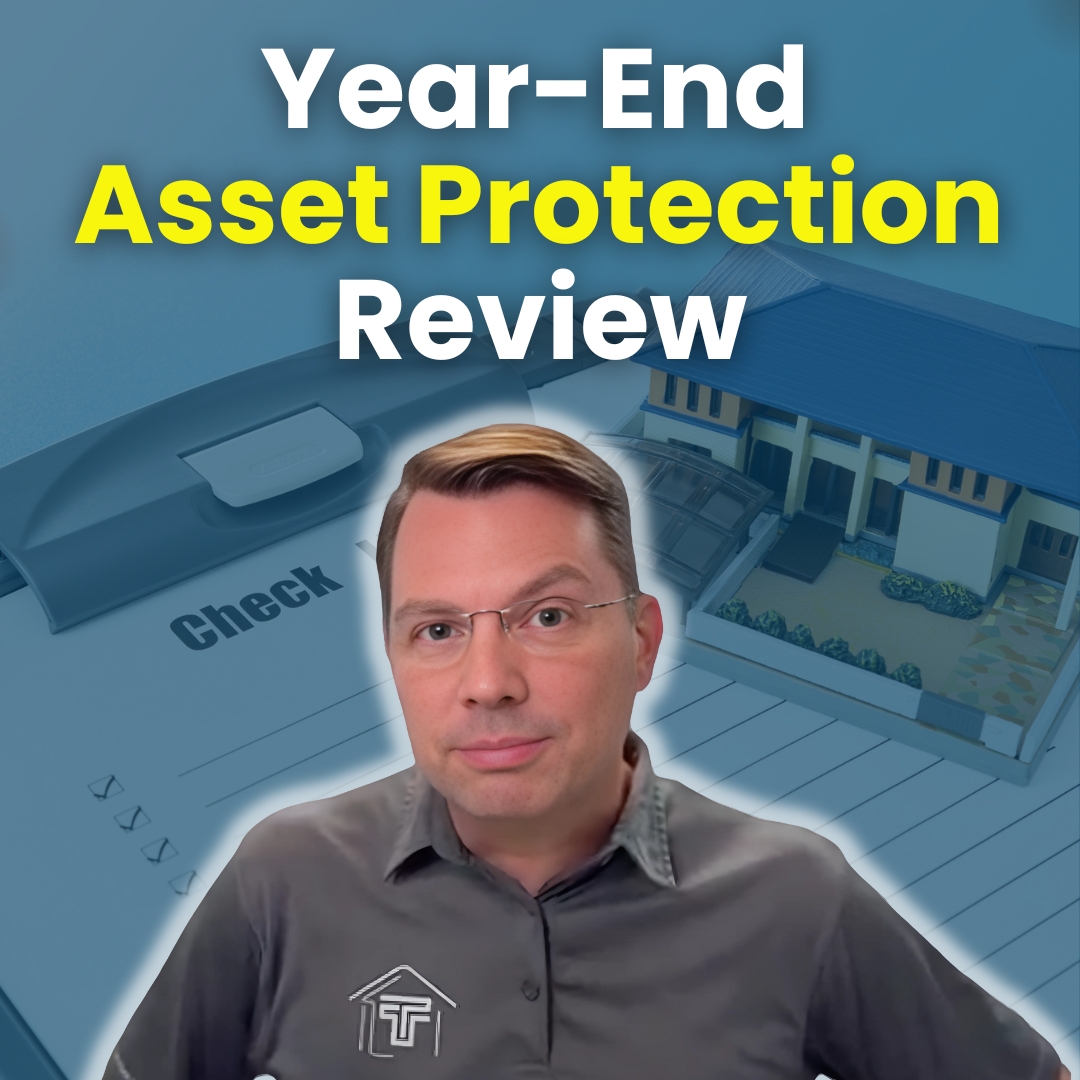[00:00:00] Speaker A: Unfortunately, we've had people who have been threatened to be fined, assessed, whatever, because they own their property in a land trust and they happen to live in a condominium or homeowners association.
I'm your real estate asset protection attorney here in Florida, and one of the biggest issues that we have seen come up with land trusts is people who own their houses and they live in their home, they live there, or they may have tenants, and that property is located in a homeowner's association or a condominium association. And the association goes, well, you own it. In a land trust, there is an LLC or there's a corporation that is your trustee, and the regulations or rules of the association require that your name be on the title. And frankly, I've never seen any declaration or restrictive covenants or rules that are enforceable that require your human being name to be on the deed to own the property. At most associations require that the owner of the property designate the unit owner's representative. And we sign those documents all the time. As a third party trustee, we are happy to designate you as the beneficiary of the trust and the holder of the power of direction of the trust as the proxy in all the voting. At the hoa, we often give authorizations to speak on our behalf. At the homeowner's association, as the owner of the property, we are allowed to give that authority to someone else. And we typically give it to the beneficiary, of course, or maybe their attorney if it's gotten really contentious. So we give out this power to deal with the HoA. The HoA has no reason why they must require a human being, your name, to be there, to live there, and to use the amenities the association, the tennis courts, the pools, the clubhouse, those kinds of things, the parking lots. All we have to do is we typically may sign a document. We usually sign everything the same business day we receive it, or the next business day at the latest. So long as we have received written authorization from the beneficiary telling us it's okay to sign whatever you are asking us to sign, then we send that out to you. We're happy to send it straight to the association or whatever you may need us to do to give you the authority to deal directly with your association. With that said, you're always going to have some crazy board member now and then who is just not reasonable and may try to assert this authority. In that case, you may have to get an attorney involved, and in that case you're going to want an attorney who really focuses on homeowners association law, condominium association law and can assert your rights on behalf of the trust to live in the property, to use the amenities, to park in the parking space you're supposed to, to have the pets you are allowed to have, to otherwise live in the community and enjoy everything the community has to offer. Simply because it's owned in a land trust does not mean you lose any rights in that property under any documents I've ever seen and definitely not under the law. If you got any other questions, feel free to visit our
[email protected] we answer lots and lots of questions there. We also have our YouTube channels and blogs and everything else out there. Or give us a call and we're happy to help out.
[00:03:24] Speaker B: Thanks for listening to this edition of Trust this. If you got something out of it, please press like and subscribe and give us a five star review to help us reach others who can benefit from this series. Until next time, keep aspiring to a better life.


